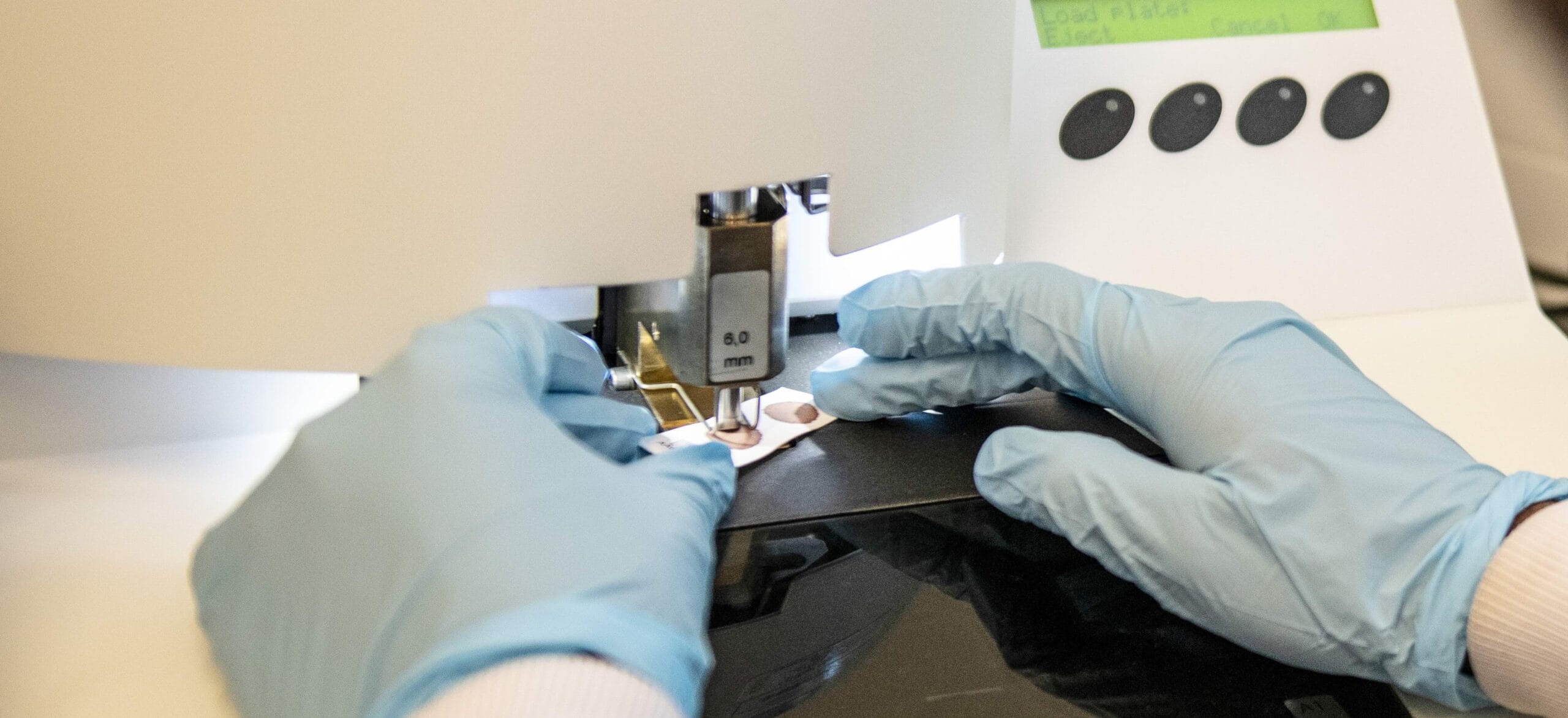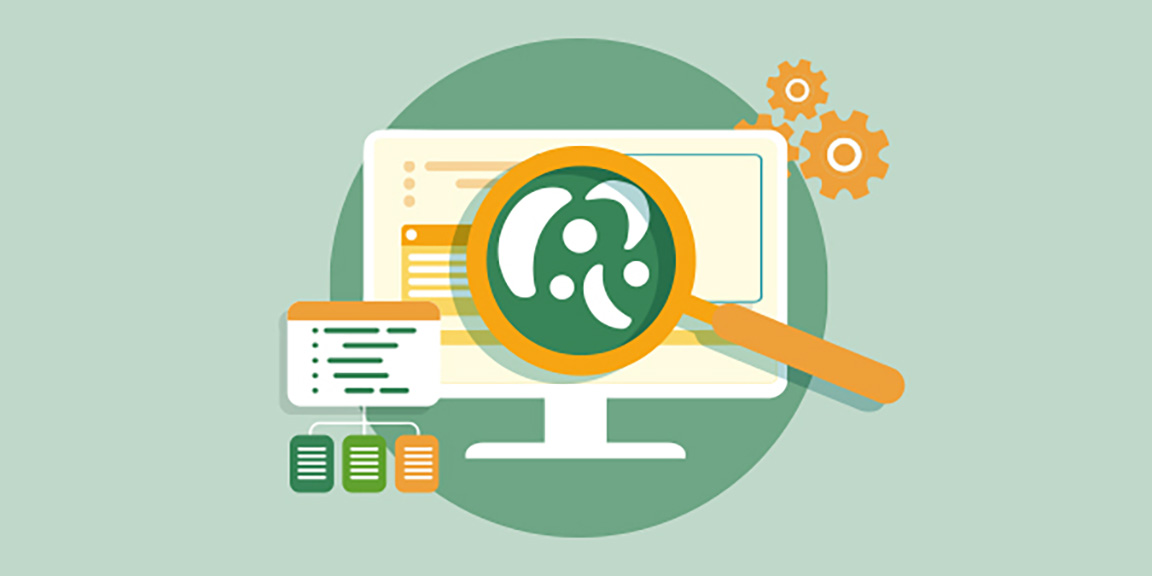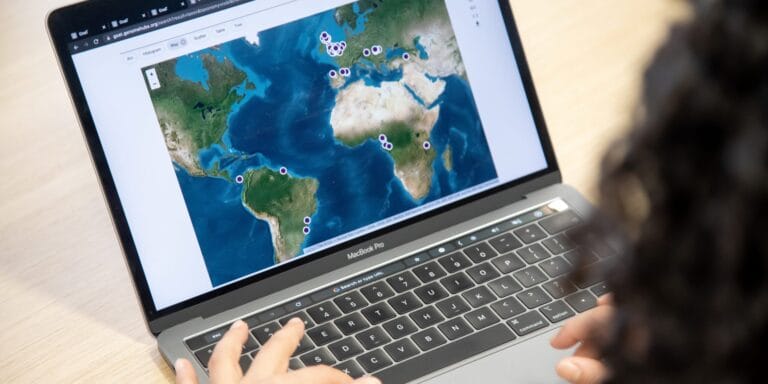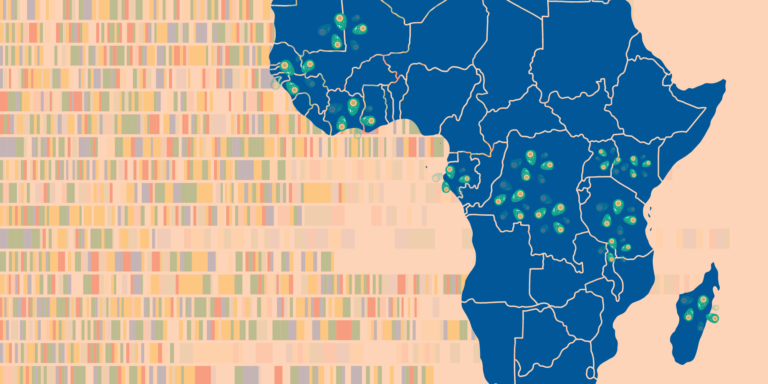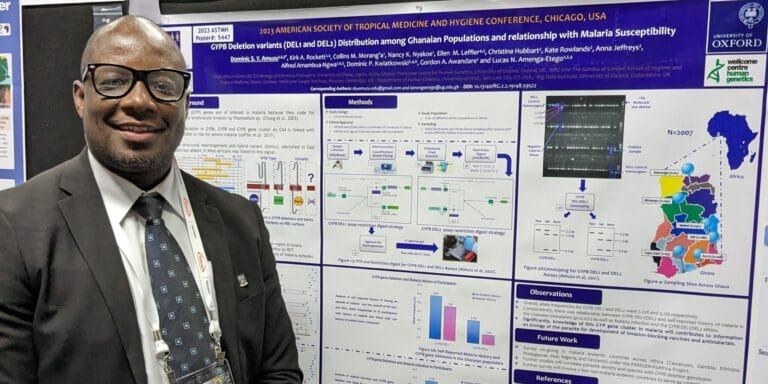Parasite genomic surveillance
MalariaGEN provides researchers and control programmes in malaria-endemic countries with access to DNA sequencing technologies and tools for genomic analysis. We have released genome variation data on more than 20,000 malaria parasite samples from 30 countries. This genomic data resource has been built by MalariaGEN partners from around the world, who are working together to build high-quality data resources for malaria research and disease control.
Why we need genomic surveillance of Plasmodium species
The Plasmodium parasites that cause malaria have a remarkable talent for survival. Through small genetic changes, they can evade the human immune system, develop resistance to antimalarial drugs, and adapt to changes in the Anopheles mosquitoes that transmit the parasites.
Genomic surveillance of Plasmodium is a powerful tool in tracking the evolution of the drug resistant variants that challenge malaria control programmes. Identifying genetic variations is helping scientists and health professionals answer crucial questions about the mechanisms of drug-resistance, whether it is newly emerged, or if it is spreading from other areas, and which locations are at risk from drug resistant strains.
An open genetic data resource on Plasmodium species
MalariaGEN is working to improve the sustainability and efficacy of malaria control measures by providing the means for tracking genetic variation and the emergence of drug resistance. The open Plasmodium genetic data resource is the world’s largest data set of curated genomic data on malaria parasite evolution and drug resistance. It provides the reference data needed in the search for new drugs and vaccines, and to guide malaria control interventions.
Genetic surveillance through Amplicon
Amplicon sequencing is the key tool within the SpotMalaria platform. It offers partners a simple and fast approach for analysing genetic variation in specific genomic regions associated with drug resistance. The GenRe Project has demonstrated the value of amplicon sequencing, which it uses to produce genetic barcodes for each sample. Barcodes can be analysed and compared to detect emerging variants or imported parasites in different locations. The NIHR Global Health Research Group is creating genomic surveillance hubs in Ghana and The Gambia, which will use amplicon sequencing to inform public health decision-making in West Africa.
Why work with us
One of MalariaGEN’s core principles is to provide clear attribution and recognition of all the groups that have contributed to a data resource. The Plasmodium resource lists each sample against the partner study that it belongs to, with a description of the scientific aims of the study and the local investigators that led the work. The power of this this collaborative approach has resulted in MalariaGEN
- Releasing open access data of P. falciparum genome variation in 20,000+ worldwide samples.
- Discovering the evolving drug resistance and infection history of P. vivax
- Discovering genetic markers for piperaquine resistance in P. falciparum in Cambodia
- Pioneering a reliable and scalable way of generating P. falciparum genome sequence data from dried blood spot samples using selective whole genome amplification
Contributing parasite projects
P. falciparum Community Project
The P. falciparum Community Project provides researchers with high-quality genotypes linked to a global resource characterising genetic variation in P. falciparum populations.
The P. falciparum Genetic Crosses project is generating high-quality data on genome sequence variation and sexual recombination for the parents and progeny of parasite crosses.
The P. vivax Genome Variation project aims to understand genome diversity of this parasite that, because it can remain dormant in the liver for years, is particularly hard to eliminate using conventional malaria control measures.
GenRe-Mekong (Genetic Reconnaissance of Malaria in the Greater Mekong Subregion) is a genetic surveillance project, aiming to provide National Malaria Control Programmes (NMCPs) in the Greater Mekong Subregion and other public health stakeholders with timely and actionable knowledge to support their decision-making in activities relevant to malaria elimination efforts.
Genomic Surveillance Hubs in West Africa (NIHR Global Health Research Group)
Malaria is one of the greatest public health challenges facing countries in West Africa. It is responsible for hundreds of thousands of deaths every year and disproportionately affects children in this region of the world. By better understanding the genomic landscape of malaria parasites and vectors in this region, National...
Pan-African Malaria Genetic Epidemiology Network (PAMGEN)
This project aims to create a robust network of African scientists – within and outside Africa– in collaboration with leading researchers around the world, who use the latest genetics and genomics science to contribute towards malaria elimination efforts in Africa. By combining data from across the continent and from across...
Pf3k is an international collaboration using the latest sequencing technologies to provide a high-resolution view of natural variation in the malaria parasite Plasmodium falciparum.
SpotMalaria harnesses genomic technologies to monitor the global evolution of malaria parasites, delivering knowledge that will increase the efficiency of malaria elimination and eradication efforts.
Access parasite data on Google Cloud
Latest malaria parasite data
Pf7 , the newest version of our largest Plasmodium falciparum dataset, contains over 20,000 whole genome sequences. The paper describing the results was published in Wellcome Open Research in January 2023.
Key Publications
Genomic epidemiology of artemisinin resistant malaria
MalariaGEN P. falciparum Community Project
eLife 2016 5 e08714
DOI: 10.7554/eLife.08714
Multiple populations of artemisinin-resistant Plasmodium falciparum in Cambodia
Miotto et al
Nature Genetics 2013 45(6) 648-55
DOI: 10.1038/ng.2624
Analysis of Plasmodium falciparum diversity in natural infections by deep sequencing
Manske et al.
Nature 2012 487(7407) 375-9
DOI: 10.1038/nature11174
In-country sequencing resources
Providing partners with an end-to-end process to establish in-country malaria genomic surveillance.
